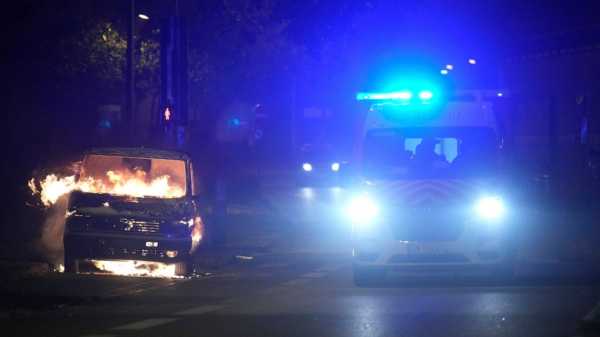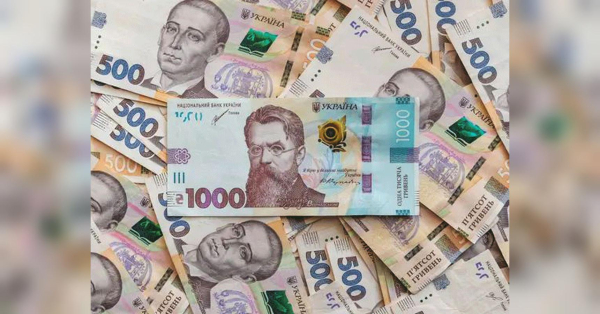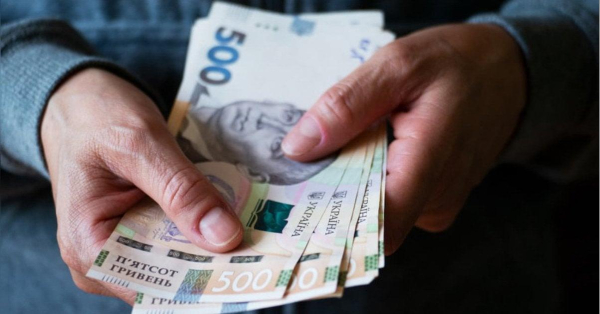
PARIS — Rioting and looting raged in cities around France for a fourth night despite a huge police deployment and 1,311 arrests, as family and friends prepared Saturday to bury the 17-year-old whose killing by police unleashed the unrest and forced the French president to cancel an important trip abroad.
France's Interior Ministry announced the new figure for arrests around the country, where 45,000 police officers fanned out in a so-far unsuccessful bid to quell days of violence that was triggered after the teen's death on Tuesday.
Despite an appeal to parents by President Emmanuel Macron to keep their children at home, street clashes between young protesters and police raged on. About 2,500 fires were set and stores were ransacked, according to authorities.
The violence in France was taking a toll on Macron's international commitments. German President Frank-Walter Steinmeir's office said that Macron phoned on Saturday to request a postponement of what would have been the first state visit by a French president to Germany in 23 years. The trip, supposed to officially start on Monday, would have seen Macron travel to Berlin and two other German cities.
Macron’s office said he spoke with Steinmeier and, “given the internal security situation, the president (Macron) said he wishes to stay in France over the coming days."
Given the importance of the French-German relationship on the European political scene, the scrapping of the official trip was a clear sign of the gravity of France’s unrest. This is the second time in months that French unrest hurt Macron diplomatically. King Charles III canceled his first foreign visit as U.K. monarch, initially planned for France, because of protests over Macron's pension reform plans.
Rituals to bid farewell to the teen, identified only as Nahel, who was killed in the Paris suburb of Nanterre, began on Saturday with a viewing of the open coffin by family and friends.
Later, at the entrance to a cemetery on a quiet hill in Nanterre with central Paris in the distance, dozens of people from all walks of life stood along the road, waiting for the teen’s body to arrive. There was a woman with a baby stroller and men wearing sunglasses and murmuring. Many of the mourners were from the Muslim community.
As the number of arrests continued to mount, the government suggested the violence was beginning to lessen thanks to tougher security measures. Since the unrest began on Tuesday night, police have made a total of 2,400 arrests — more than half of those in the fourth night of violence.
Still, the damage was widespread, from Paris to Marseille and Lyon and even far away, in the French territories overseas, where a 54-year-old died after being hit by a stray bullet in French Guiana.
Hundreds of police and firefighters have been injured, including 79 overnight, but authorities haven’t released injury tallies for protesters.
The reaction to the killing was a potent reminder of the persistent poverty, discrimination, unemployment and other lack of opportunity in neighborhoods around France where many residents trace their roots to former French colonies — like where Nahel grew up.
“Nahel’s story is the lighter that ignited the gas. Hopeless young people were waiting for it. We lack housing and jobs, and when we have (jobs), our wages are too low,” said Samba Seck, a 39-year-old transportation worker in the Paris suburb of Clichy-sous-Bois.
Clichy was the birthplace of weeks of riots in 2005 that shook France, prompted by the deaths of two teenagers electrocuted in a power substation while fleeing from police. One of the boys lived in the same housing project as Seck.
Like many Clichy residents, he lamented the violence targeting his town, where the remains of a burned car stands beneath his apartment building, and the town hall entrance was set alight in rioting this week.
“Young people break everything, but we are already poor, we have nothing,” he said, adding that "young people are afraid to die at the hands of police.”
France’s national soccer team — including international star Kylian Mbappe, an idol to many young people in the disadvantaged neighborhoods where the anger is rooted — pleaded for an end to the violence.
“Many of us are from working-class neighborhoods, we too share this feeling of pain and sadness” over the killing of Nahel, the players said in a statement.
Nahel’s mother, identified as Mounia M., told France 5 television that she was angry at the officer, but not at the police in general. “He saw a little Arab-looking kid, he wanted to take his life,” she said.
“A police officer cannot take his gun and fire at our children, take our children’s lives,” she said. The family has roots in Algeria.
Early Saturday, firefighters in Nanterre extinguished blazes set by protesters that left scorched remains of cars strewn across the streets. In the neighboring suburb Colombes, protesters overturned garbage bins and used them for makeshift barricades.
Looters during the evening broke into a gun shop and made off with weapons in the Mediterranean port city of Marseille, police said.
Buildings and businesses were also vandalized in the eastern city of Lyon, where a third of the roughly 30 arrests made were for theft, police said.
In the face of the escalating crisis that hundreds of arrests and massive police deployments have failed to quell, Macron held off on declaring a state of emergency, an option that was used in similar circumstances in 2005.
Instead, his government ratcheted up its law enforcement response, with the mass deployment of police officers, including some who were called back from vacation.
The rioting puts new pressure on Macron, who blamed social media for fueling violence.
Steinmeier's office said the German president "has the fullest understanding in view of the situation in our neighboring country.”
Darmanin ordered a nationwide nighttime shutdown Friday of all public buses and trams, which have been among rioters’ targets. He also said he warned social networks not to allow themselves to be used as channels for calls to violence.
“They were very cooperative,” Darmanin said, adding that French authorities were providing the platforms with information in hopes of cooperation identifying people inciting violence.
The violence comes just over a year before Paris and other French cities are due to host Olympic athletes and millions of visitors for the summer Olympic Games, whose organizers were closely monitoring the situation as preparations for the competition continue.
The police officer accused of killing Nahel was given a preliminary charge of voluntary homicide. Preliminary charges mean investigating magistrates strongly suspect wrongdoing, but need to investigate more before sending a case to trial. Nanterre prosecutor Pascal Prache said that his initial investigation led him to conclude that the officer’s use of his weapon wasn’t legally justified.
Race was a taboo topic for decades in France, which is officially committed to a doctrine of colorblind universalism.
Thirteen people who didn’t comply with traffic stops were fatally shot by French police last year. This year, another three people, including Nahel, died under similar circumstances. The deaths have prompted demands for more accountability in France, which also saw racial justice protests after George Floyd’s killing by police in Minnesota.
___
Lewis Joly reported from Nanterre. Jade le Deley in Clichy-sous-Bois, France, Claire Rush in Portland, Oregon, Angela Charlton in Paris, Cara Anna in Nanterre, and Geir Moulson in Berlin, contributed to this report.
Sourse: abcnews.go.com






